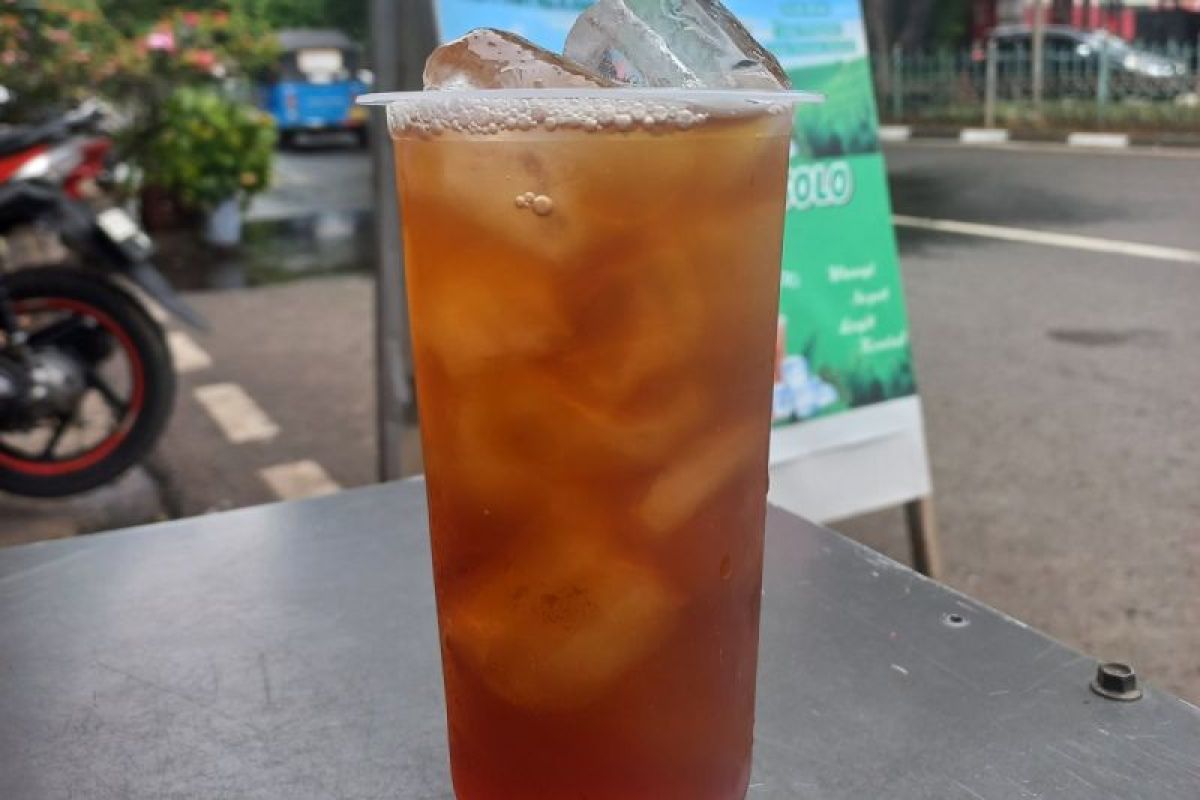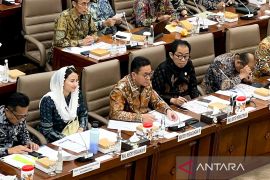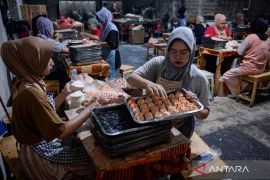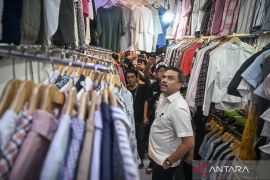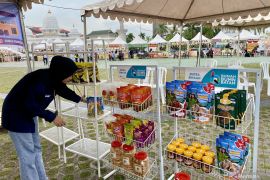On platform X, the keywords "Gus Miftah," "es teh" (iced tea), and "copot" (remove) became trending topics after the harassment drew negative responses from netizens, including the official social media account of Gerindra—the party founded by President Prabowo Subianto.
"Let there be no more officials who forget the president's words," wrote the Gerindra admin on TikTok, including a video snippet of the president.
In the clip, Prabowo emphasized that he is "very respectful" towards street vendors and online motorcycle taxi drivers working hard to "earn food" for their families.
The case also drew international attention. The official Manchester United Indonesia account, for example, provided a witty and reflective comment about the hard work of ordinary people.
"Lifting iced tea or lifting trophies, both are equally noble," MU Indonesia stated on X while referring to the viral video featuring Sunhaji, the tea seller, raising a tray containing plastic cups of iced tea when harassed by Gus Miftah.
Gus Miftah is the well-known name of Miftah Maulana, a famous preacher recently appointed by Prabowo as his special staff.
Following the uproar, Miftah then visited Sunhaji to apologize after receiving a reprimand from the president.
People's drink
The viral case not only revealed the social attitude of a state official but also reminded us of a simple drink that not only refreshes but also sustains many people's lives.
Well before capturing social media's attention, iced tea has been a long-standing staple beverage in Indonesia—a tropical nation experiencing increasingly sweltering temperatures due to global warming.
If people are too lazy to make iced tea, they can buy it from small street vendors along the road at affordable prices.
A small stall equipped with a thermos and cup sealer offers sweet iced tea in plastic cups for as low as Rp3,000, or less than 20 US cents.
Numerous small vendors refer to their beverage as "es teh Solo," which is actually a famous local iced tea brand. However, this specific trademark has evolved over time into a generic term describing sweet tea served with ice cubes—a symbol of popular simplicity.
One of the small vendors selling it is Mia, a 43-year-old woman in Jakarta. She brews her own tea blend purchased from a producer and then sells it in plastic cups with ice cubes for Rp4,000.
Mia admits to already having seven iced tea stalls at various locations rented monthly. Each outlet can sell more than 200 cups, with daily revenues of up to Rp1 million (around US$62.84).
"It depends on the location. The busier it is, the more people buy," Mia, who employs several of her neighbors in her seven stalls, remarked.
Unlike Mia, another vendor named Nunik, 44, makes her own tea blend. She offers the drink named "Teh Oye" in front of her small stall in Jakarta that sells various fried foods.
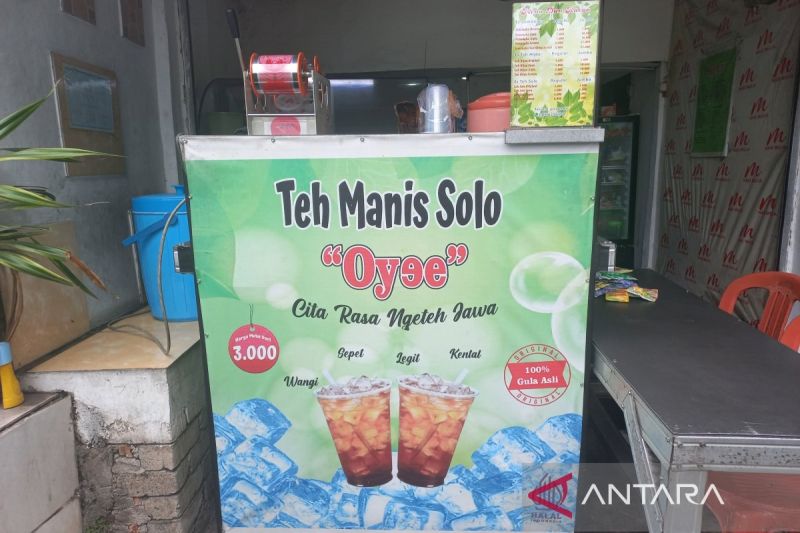
With iced tea prices starting from Rp3,000 per regular glass to Rp5,000 per jumbo glass, she claims to earn up to Rp300,000 per day. Apart from iced tea, she also sells watermelon ice and green tea ice.
Related news: Important to learn about Indonesian tea diversity: Expert
Related news: Indonesia's Moringa tea dubbed as Germany's favorite: Ambassador
Large contribution from small business
The number of micro, small, and medium enterprises (MSMEs) in Indonesia, like these tea sellers, reaches millions.
In 2024, the number of MSMEs reached 65 million, according to the Ministry of Cooperatives and SMEs.
Although their turnover is relatively small, their contribution to the gross domestic product (GDP) exceeds 60 percent.
Recognizing the significant potential of MSMEs in economic growth, the government has made various efforts to help them, especially in terms of capital.
The government recently announced plans to simplify procedures for people to obtain People's Business Credit (KUR).
"(This is) so that KUR can truly be enjoyed by MSMEs, migrant workers, and cooperatives to truly achieve our empowerment targets," Coordinating Minister for People's Empowerment Muhaimin Iskandar stated on December 3.
He acknowledged that several parties, so far, continued to face difficulties in obtaining KUR—one of the constraints frequently faced by small vendors, such as Mia.
"If possible, (such a business) could be helped by the government so it can develop again, open more stalls, and create more jobs," Mia remarked.
She admits that while her iced tea stalls have been approached by job seekers multiple times, she herself struggles with limited capital and business space.
According to Nunik, small vendors like herself need to be respected for striving to create jobs for themselves.
She was furious about the Gus Miftah case in which the iced tea seller in Magelang was "humiliated."
"I admire the tea seller who only responded with a smile," Nunik stated.
"May he be blessed with abundant fortune," she remarked.
Small business actors should directly feel the government support for them in tangible form —not merely promises, let alone words that hurt the people.
This is increasingly important because the independence of Sunhaji, Mia, and Nunik, along with millions of other small business owners, not only reflects the spirit of self-reliance but also becomes a worthy economic backbone of the nation that deserves to be respected.
Related news: Govt cuts down procedures for opening small businesses
Related news: Prabowo signs regulation on bad debt forgiveness for small businesses
Editor: Yuni Arisandy Sinaga
Copyright © ANTARA 2024
